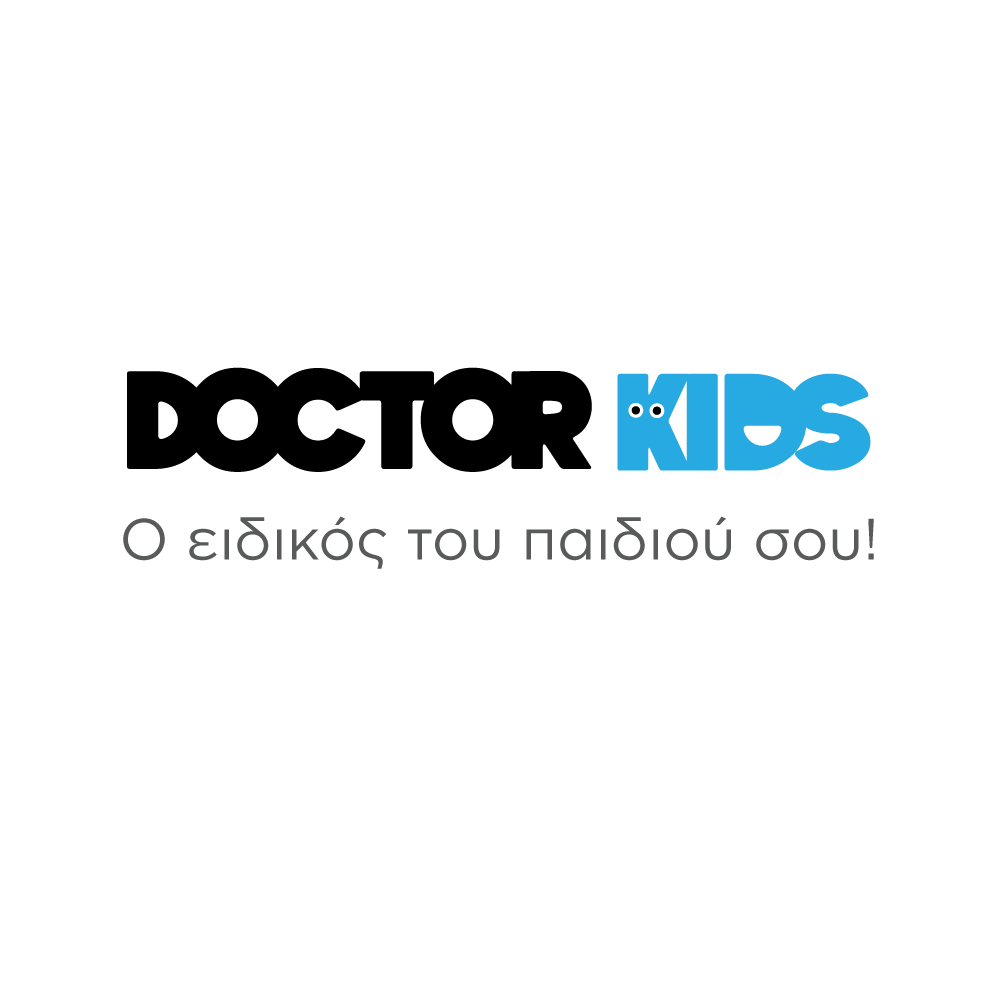Is your child ready for big school?
Is your child ready for big school?
Are you thinking of enrolling your child into primary school next year? Starting school is a big step for little kids. You might have heard the term ‘school readiness’ – but what does it really mean? Find out all about school readiness and how you can help your child prepare for big school!
School readiness’ is a measure of the knowledge, skills and behaviours that enable children to participate and succeed in school. Parents sometimes think that school readiness means being able to read, write and do basic maths before starting school. But this isn’t the case! School readiness is about the development of the whole child – their social and emotional skills, physical skills, communication skills and cognitive skills. Children cannot thrive at school if they haven’t developed the skills to manage things like getting along with other children, following instructions, and communicating their needs. Research shows that children who start school when developmentally ready to learn tend to do better in school – and it sets them up for further success later in life.
Ready for school – how can you tell?
‘School readiness’ in children includes many different skills and behaviours, such as:
Social skill
Being able to get along with other children, demonstrate basic manners, assert themselves, and being able to play independently as well as with other children.
Emotional maturity
Being able to manage their emotions, cope with minimal adult contact in large groups, focus on tasks, follow directions and instructions from teachers, cope with the stress of the new school environment, and understand the rules.
Language skills
Being able to talk and listen to adults and other children, speak clearly, communicate needs, understand stories, and begin to identify some letters and sounds.
Cognitive Skills
Basic number sense, basic thinking skills, being able to wait and take turns.
Physical health and coordination
Basic health, fine motor skills (such as being able to grip a pencil and turn pages in a book) and physical coordination (being able to run, jump, climb, and play ball).
Independence
Basic skills to manage their needs without adult supervision, such as going to the toilet, dressing, unwrapping their lunch and managing their belongings.If you are not sure whether your child is ready to start big school, talk to your child’s preschool/ kindergarten teacher or early childhood educator – they will be able to help you with assessing your child’s development and readiness for school.
What can you do to help?
While there has been a rise in popularity for commercial ‘school readiness’ programs for preschoolers – these are not usually necessary, and little kids learn best through play! Here are some easy things you can do to help your little one get ready for starting school.
Try to arrange play dates with other children starting at the same school. This gives your little one the chance to develop their social skills – and will give them the confidence that they will have a friend to talk to when they start school.
Let your child practise drawing with a range of different materials, such as pencils, crayons and textas, to help develop their fine motor skills – and remember to praise their efforts!
Encourage your little one to dress and undress themselves, and use the toilet independently.
Encourage your little one to have conversations with you – ask them questions, listen to their answers, and encourage them to talk about what they think and feel so they can express themselves with new friends and teachers.
Read with your child as often as possible. If your little one has some reading skills already, that’s great! But if not, don’t worry – they will be taught how to read at school. Just enjoying books with you develops early literacy skills and helps encourage a love of reading. When reading with your little one, talk to them about the story, point out new words, and ask questions – this will help with their comprehension, vocabulary and language skills.
Help your child develop a basic awareness of numbers by helping out around the house – they could set the table and count the plates, match socks from the washing line, or measure the ingredients for some baking.
Play games with your little one – simple board games (like snakes and ladders) and card games (like snap and go fish) are great for practising turn-taking, sharing, waiting and learning to cope with not winning!
Remember, every child develops at their own pace and has their own strengths, interests, temperament and approach to learning – so don’t worry if your child doesn’t demonstrate all of the ‘school readiness’ skills and behaviours described above. If you feel at all concerned with your little one’s development, talk to their teacher/early childhood educator or your GP – they will be able to provide assessment and advice.
Key Words: school readiness , transitions
Writer: Learning Potential, Australian Government
Source: https://www.learningpotential.gov.au/articles/is-your-child-ready-for-big-school
Diligence: Kivrakidis Ioannis, Speech Therapist, Supervisor of Center Nous & Logos and Therapeutic Basketball Academy , Thessaloniki Eptapyrgiou 60 Sykies, phone 2310.540.217,
Does your child develop difficulties?
Parents now can ❗️:
✅Detect children's communication difficulties.
✅Find Specialists exclusive for children.
Use the tools of https://doctorkids.gr/el for free and be the therapist of your child.


